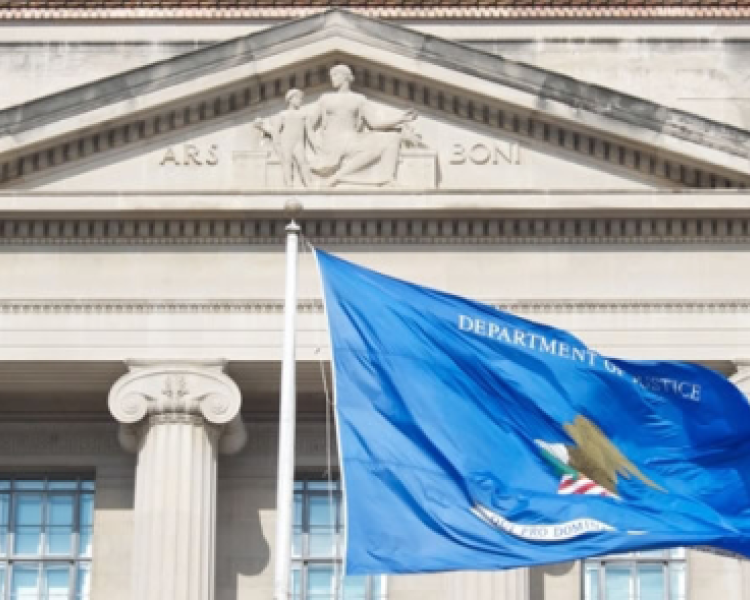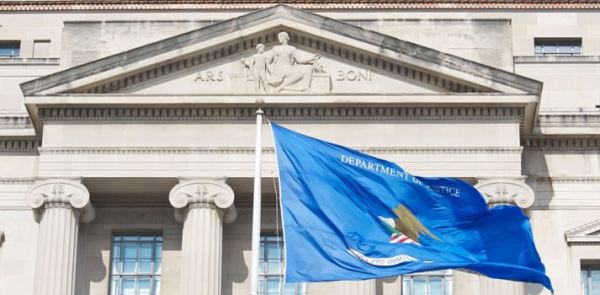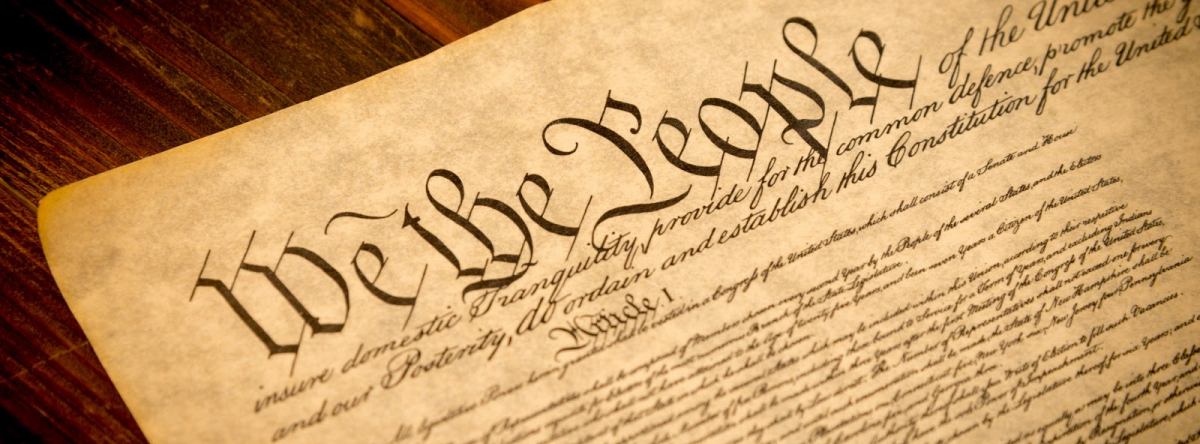The Department of Justice has initiated inquiries to election offices nationwide, focusing on voting machines, cybersecurity protocols, and voter roll access. States like Wisconsin, North Carolina, and Colorado have already received requests for information on their voting practices.
The DOJ is following Trump’s EO - PRESERVING AND PROTECTING THE INTEGRITY OF AMERICAN ELECTIONS, signed in March, that says: The US lacks election security and called for the enforcement of a prohibition on foreign nationals voting in federal elections. It also orders the Attorney General and Secretary of Homeland Security to “Prevent all noncitizens from being involved in the administration of any federal election, including by accessing election equipment, ballots, or any other relevant materials used in the conduct of any federal election.”
“The president’s executive order speaks for itself, and the Department of Justice will leave no option off the table when it comes to promoting free, fair, and secure elections,” said DOJ spokesman Gates McGavick.
Additionally, senior DOJ officials are exploring the possibility of criminal charges against state or local election officials for failing to adequately secure election systems, driven by concerns over potential voter fraud and foreign manipulation.
Election integrity is a critical issue tied to the constitutional framework of democratic governance, where the Constitution assigns specific roles to both federal and state governments in managing elections.
The U.S. Constitution implicitly emphasizes election integrity through provisions ensuring fair representation and the democratic process. Article I, Section 4 grants states the authority to regulate the times, places, and manner of congressional elections, and Congress can override these regulations.
The 14th and 15th Amendments further protect equal protection and voting rights, prohibiting discriminatory practices. The Electoral College process (Article II, Section 1) and the 12th Amendment outline the framework for presidential elections, emphasizing the need for a secure and reliable system. Election integrity as a constitutional obligation stems from these provisions, as they collectively aim to ensure that elections reflect the will of the people without fraud, manipulation, or disenfranchisement.
States have a duty to administer elections fairly, while federal oversight, e.g., through laws like the Voting Rights Act, the National Voter Registration Act, and the Helping Americans Vote Act, ensures compliance.
Share This Post...











